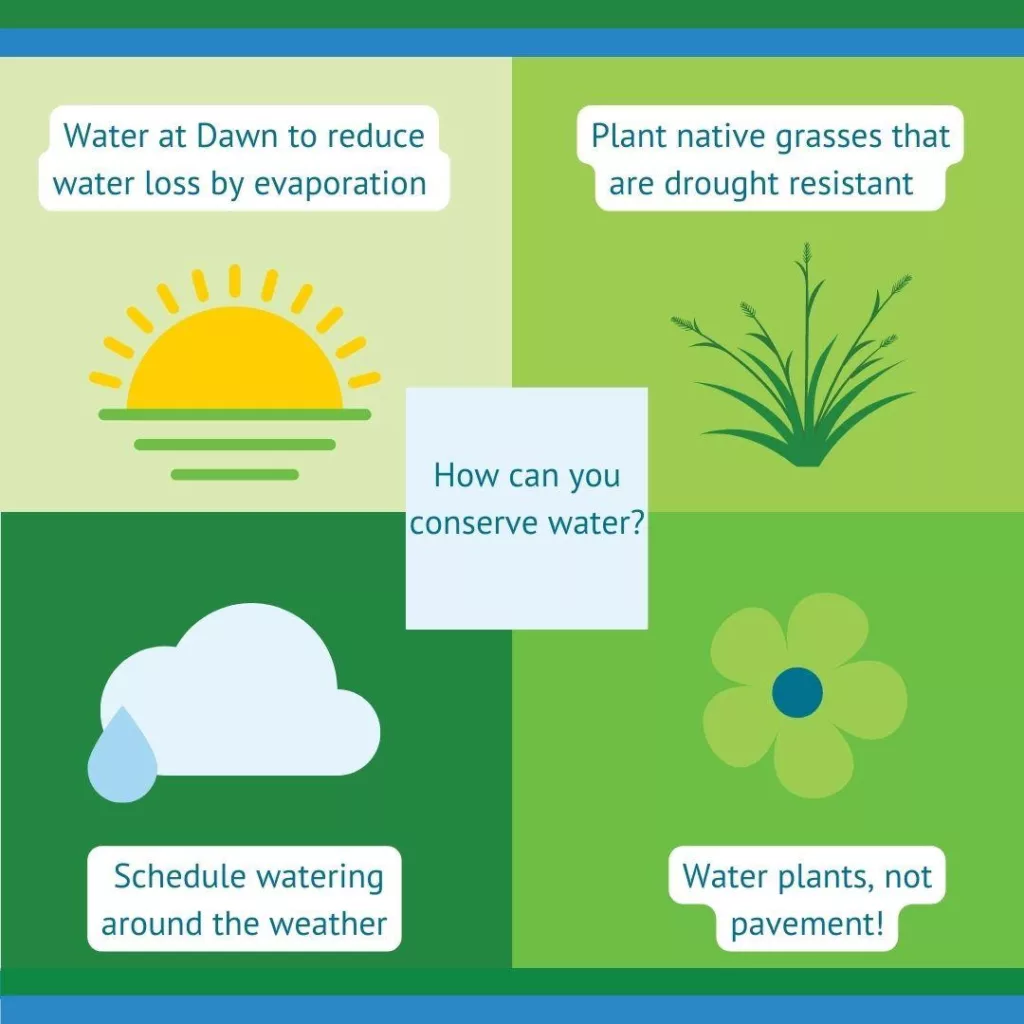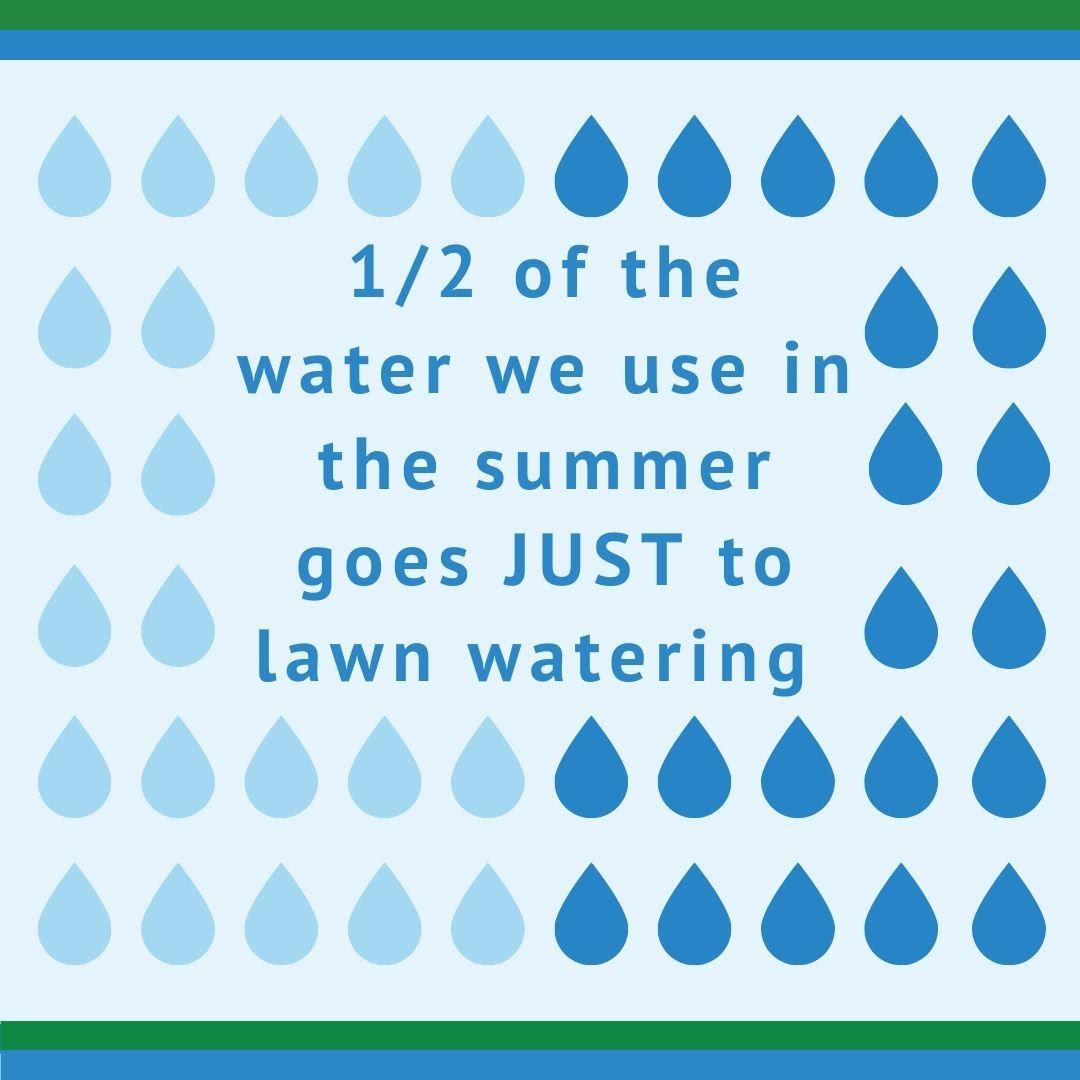LYNNFIELD – The Lynnfield Center Water District shares news that July is Smart Irrigation Month, and wishes to share benefits of smart and effective use of water resources.
“While we have experienced a rather consistent wet weather pattern with ample watering opportunities for lawns and other outdoor needs over the past month, there is still a good portion of the summer ahead of us and it’s important to keep these best practices in place,” said LCWD Superintendent John Scenna.
Smart Irrigation Month, which occurs every July, was started in 2019 to spread the word about smart irrigation options and appreciating their benefits.
The risks of drought and climate change play a part in the importance of smart irrigation. Last summer, Massachusetts saw ongoing drought conditions that required the District to restrict water use for extended periods, at times rather extensively.
Smart irrigation provides a variety of environmental, social, and economic benefits:
- Makes maintaining green spaces easy and convenient.
- Minimizes over watering while keeping lawns, gardens, and landscapes beautiful and healthy.
- Saves money on utility bills.
- Helps protect community water supplies for today and the future.
What is smart irrigation and what are the benefits?
Smart irrigation is a method of using science and technology to save water in irrigation. Research from the Irrigation Association found that smart irrigation controllers save 20 percent more water than non-smart irrigation controllers.
There are a variety of smart irrigation options available, and features may vary depending on the device. Some potential features include:
- Smart schedule adjustments: Smart irrigation systems have one or more ways to estimate when your landscaping needs more or less water than normal. Some operate based on weather data and will turn off when it is raining. Others are more precise and use technology to directly measure the moisture in soil and apply exactly what is needed.
- Monitor water flow: Smart irrigation systems may also be capable of monitoring how much water you are using and generating reports. This can help you make more water-wise decisions, including which plants to choose and where to place them.
- Shut down for high flow: Water leaks in irrigation systems are one of the largest wastes of water. Many smart systems sense if there is unusually high water flow, which could be a sign of a leak. The system will shut down the water flow and alert you to the potential problem.
- App control: Whether through an app on your phone or on your desktop, most smart irrigation systems give you the ability to remotely control them, look at reports and alerts, adjust the system’s schedule, and turn it off in the event of a problem. Forgot to turn off the sprinklers to let the pool maintenance team in the yard? You can address it right away.
To learn more about watering wisely and landscaping tips, visit the EPA’s Watersense website.
Tips to make the most of your smart irrigation system
The Lynnfield Center Water District would like to share these tips to help you make the most of your smart irrigation system, while lowering your water bill and your impact on the environment:
- Get professional installation
- Know the water needs of different plants
- Fine-tune your landscapes’ irrigation zones
- Improve your soil to retain more water
- Add shade to prevent evaporation
- Water at the correct times to avoid evaporation and retain moisture levels
Residents can always reach out to an irrigation professional to talk about how to improve your irrigation — July is a great time to do it!
LCWD residents are also encouraged to sign up for the Lynnfield Center Water District’s customer portal, WaterSmart, which features a variety of tips on outdoor water savings and conservation. It also provides the opportunity to monitor your water consumption on a monthly basis and monitor for consistent water use and leaks.
More information on Smart Irrigation Month can be found at smartirrigationmonth.info and on the Irrigation Association’s website.







